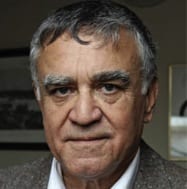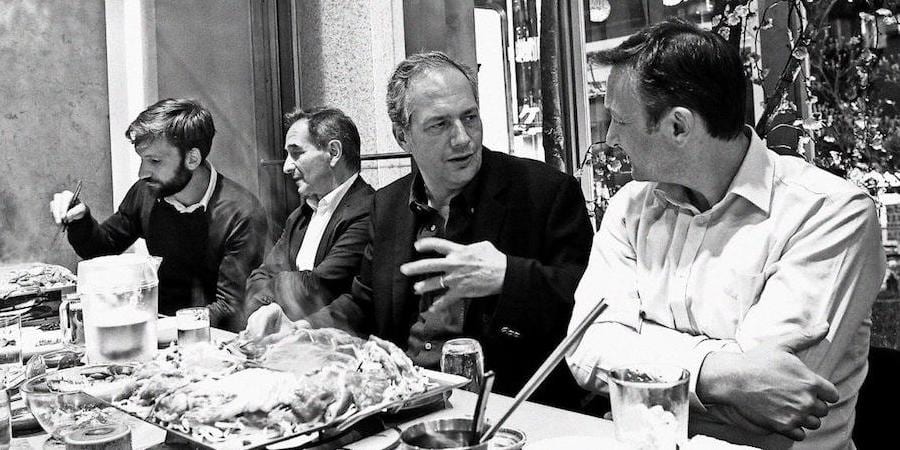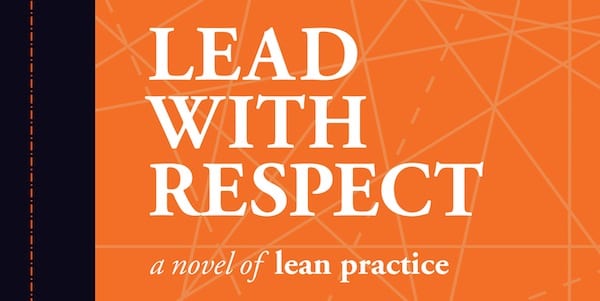
A visit to a nation that officially endorses lean thinking
REVIEW - The Republic of Tatarstan officially endorses and funds the implementation of lean thinking in local organizations. Yalcin Ipbuken, President of Lean Institute Turkey, drops in for a visit.
Words: Yalcin Ipbuken, President, Lean Institute Turkey
I recently visited Kazan, the capital city of Russia’s Tatarstan Republic, to attend the 4th International Scientific-Practical Forum.
The event was organized by the Institute of Economics, Management and Law of Kazan (the largest private educational institution in Russia, with seven branches across the region) and supported by several ministries. The 2014 edition of the Forum was themed Effective Management Systems-Strategies of Success.
Lean Institute Turkey, the Turkish affiliate of Lean Global Network, has been engaging with organizations and educational institutions in the Russian Federation and the rest of the region for some time. As part of this effort, we have formalized our relationship with the Institute in Kazan and built bridges with lean thinkers and practitioners in Moscow and the Ural region. We also hosted a considerable number of Russian delegations in Turkey for study missions and factory visits.
The Forum’s presentations (I delivered one of them – you can read about it in the box below) were very good and proved how advanced in the application of lean thinking many industries in this region are. As I was able to determine during a number of informative and enriching gemba walks, lean practices in Tatarstan are common and often applied very successfully – in farms, factories and hospitals alike.
One of the reasons for this - many of you probably won’t know this – is that lean has been officially promoted and financially supported by the Ministry of Industry and Trade of Tatarstan since 2012.
During my recent trip, I had a chance to experience first hand this governmental endorsement by listening to the presentation that the Vice Minister of Industry delivered (I also had the pleasure to meet with him).
Tatarstan is very rich in oil and other natural resources. It has a strong industrial base, with several automotive companies present in the region (Ford recently opened a new car factory there, and with it came many new suppliers). Aviation, machinery, health and farming are also established industries in Tatarstan.
The nation is trying to modernize its industry and make it competitive with the rest of the world. To achieve this objective, lean has been implemented here since 2000 - they call it The Lean Technologies.
The question is, why aren’t other countries following Tatarstan’s example?
FARMING TALK My presentation and Master Class (which I prepared with the support of my colleague Mrs Ayperi Okur and her research) were titled Leading a Lean Transformation with 21st Century Technologies in the Farming and Farm Products Industry.
Lean Institute Turkey has considerable experience in this sector (farming, farm products, dairy, poultry and fish, and so on) here in Turkey and has seen very positive results over the years.
My speech in Kazan told the story of lean thinking and helped people understand why the methodology is so relevant today, as the so-called 4th Industrial Revolution unfolds.
With natural resources becoming increasingly scarce, pollution and climate change turning into challenges we can no longer afford to ignore, and health issues (ranging from malnutrition to obesity) making the top of our priority lists, producing quality food for a growing population efficiently and sustainably has never been more important.
If we are to reap the benefits of the new technological advances that seem to pop up every day, it is necessary – I urged the audience – that leaders the world over fully embrace a new way of managing and leading, known as lean thinking.
Mass production organizations, which prospered for decades until the end of the last century, are simply no longer able to respond to the changed needs of our times and to the new technology available to customers.
THE AUTHOR

Yalcin Ipbuken is president of the Lean Institute Turkey. In his previous 30-year career with the KOC Group in Turkey, Yalcin led the group's internal consulting division and its external search for new ideas and trends. Earlier with KOC, he managed projects that improved the productivity of Group companies and played a significant role in the formation of KOC human resource policies. He also played a key role in coordinating total quality efforts at KOC for almost 10 years. Previously, he worked for TOFAS, the first mass producer of automobiles in Turkey, as company personnel and industrial relations manager for 12 years.
Read more


FEATURE – Following a visit to a Toyota supplier in Japan, the authors reflect on the nature of kaizen and explain why we might be looking for it in the wrong place.


YOKOTEN – Lean has changed the world in many ways, even though the original vision of its founding fathers has failed to materialize. Jim discusses why, as a movement, we shouldn’t give up and review our strategy instead.


FEATURE - Traditionally seen as the mother of all evil, the IT department in our organizations has a long way to go before it fulfils its potential and becomes an actual facilitator in the delivery of excellent products and services. In the past few years, IT leaders have realized that lean management can help them to transform the function.


REVIEW - Michael and Freddy Ballé’s new novel, which came out this week, will help readers to understand what it really means to be a lean leader and respect people.

